What Even Counts As Science Writing Anymore?
The pandemic has made it clear that science touches everything, and everything touches science.

opinion articles
Send us a link
The pandemic has made it clear that science touches everything, and everything touches science.

Today features an interview with Darrell W. Gunter, editor of the new book Transforming Scholarly Publishing With Blockchain Technologies and AI.

For objective careers advice, talk to those who left science as well as those who stayed.
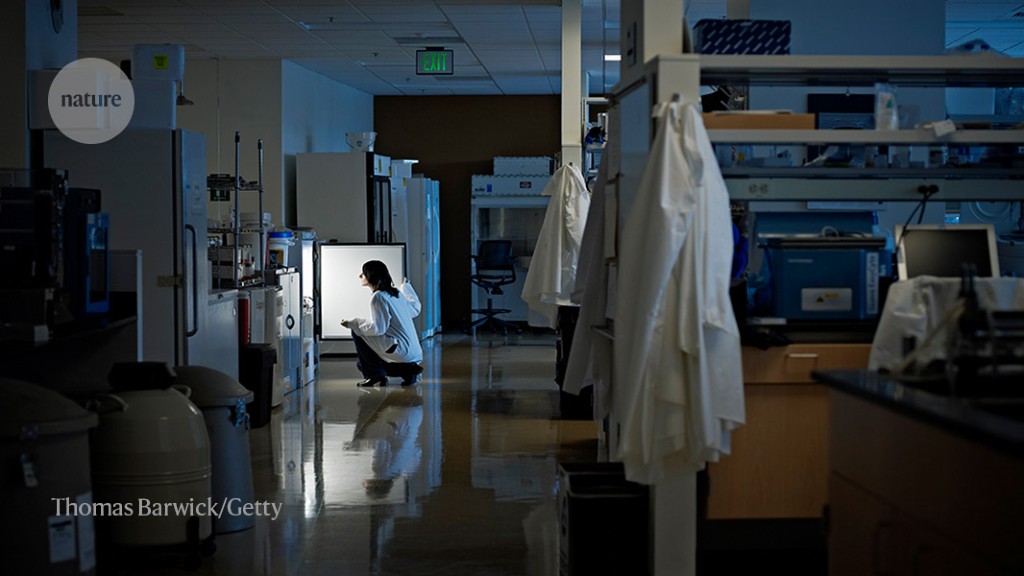
Two scientists allowed Nature to chronicle their lives for three years. Their story speaks to the epic professional and personal struggles involved in establishing a career in research.
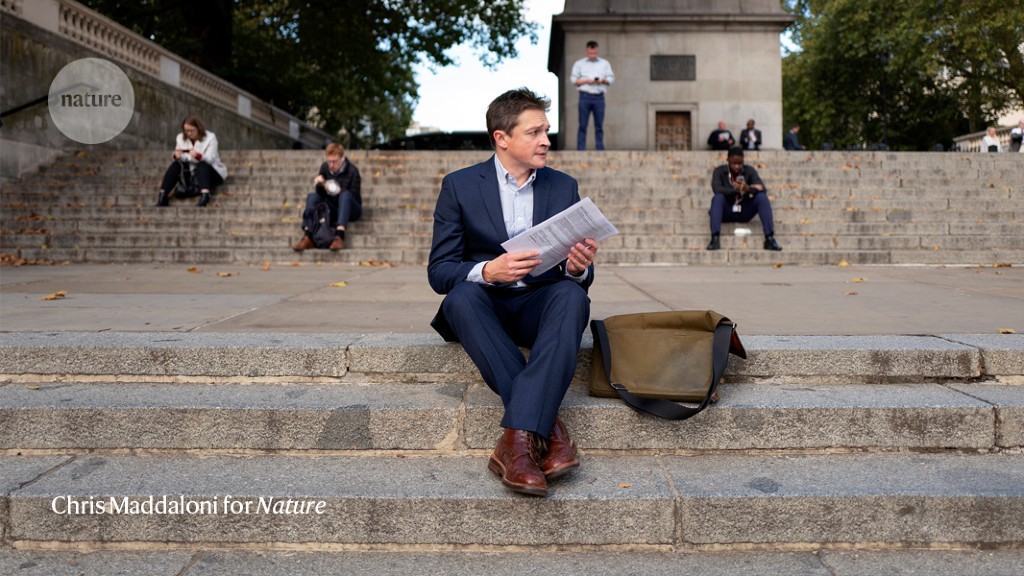
It is simply not possible to carry on at the current level of economic activity without destroying the environment, says Guardian columnist George Monbiot
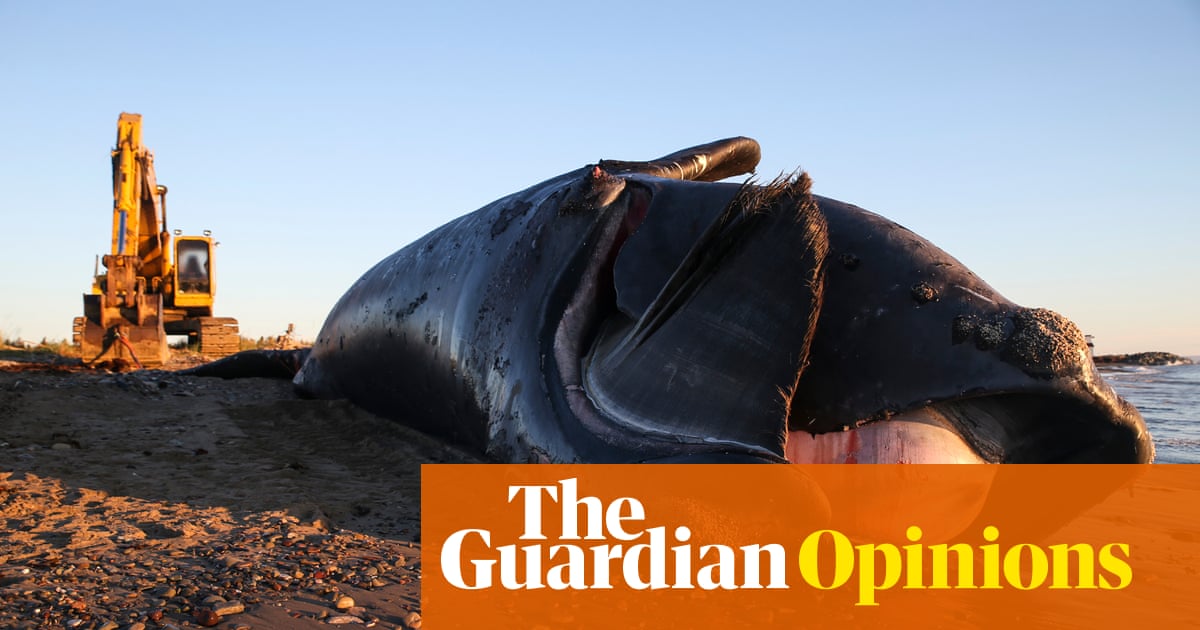
We asked readers about their institutions' support for parents on the tenure track. There's room for improvement, they said.
The pandemic produced apocalyptic warnings about higher education in the UK. In fact, its future is looking a lot brighter than predicted.
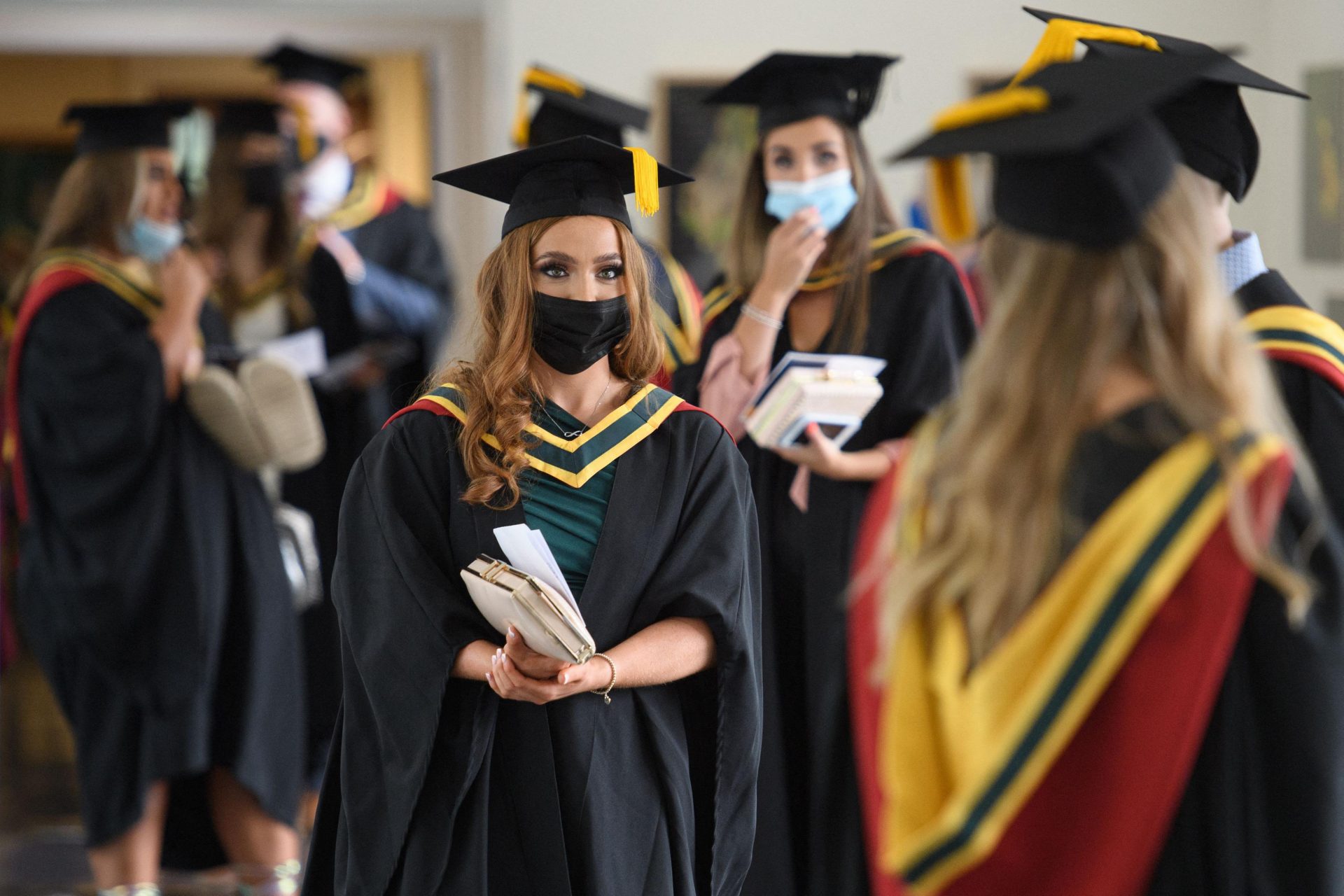
It's time to tackle the cumulative barriers and biases faced by scientists who aren't from wealthy countries.
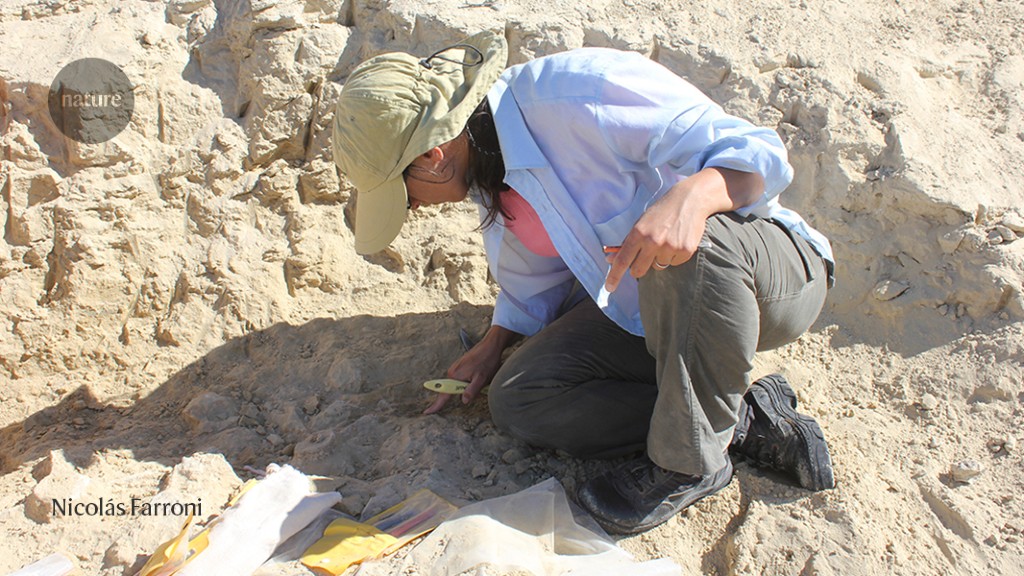
Covid has put academics at the heart of policymaking, but electing better politicians could be the answer.

Twelve scholars of science advice discuss the challenges of incorporating a radically diverse range of perspectives into a science advice process.
In a collaborative open peer review process, the editor's role changes as much as the reviewer's role.
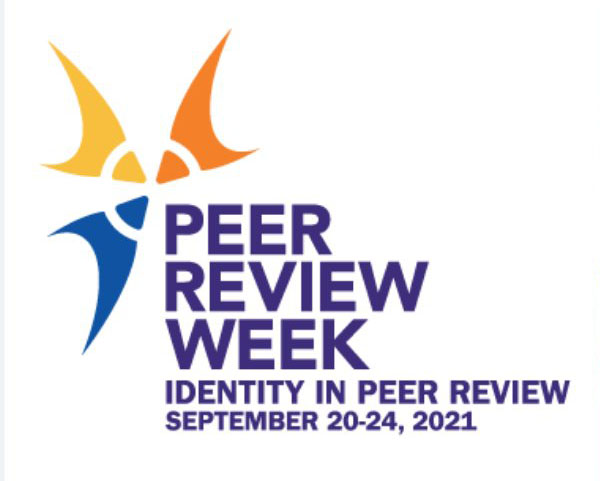
This post explores how diversity plays an important role in the peer review system.
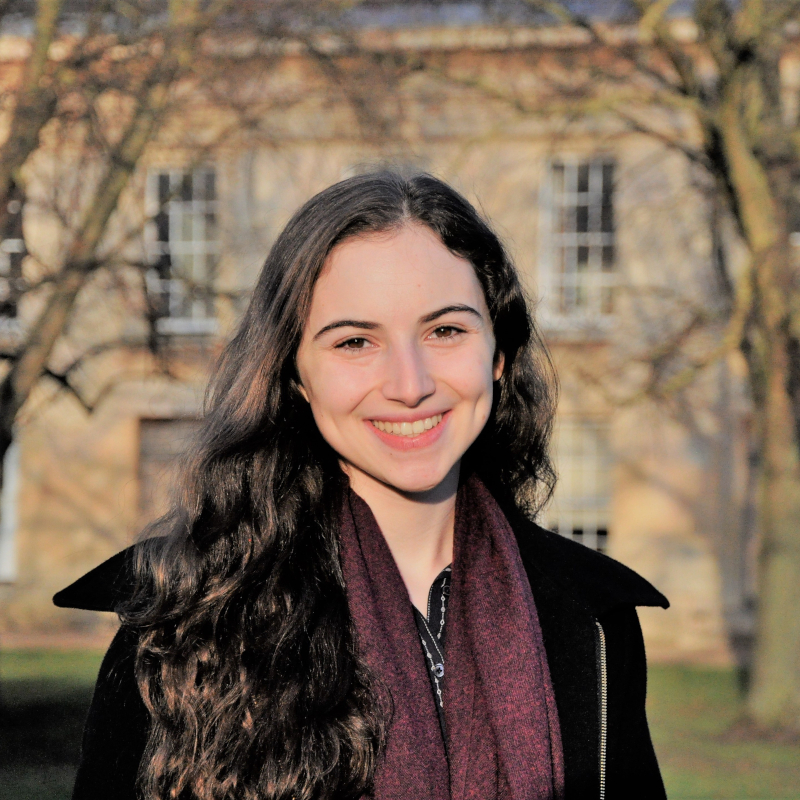
This post argues that for academic books to be genuinely open, an emphasis should be placed on collective funding models that limit the prospect of new barriers to access being erected through the imposition of expensive book processing charges (BPCs).

Make science more reliable by placing the burden of replicability on the community, not on individual laboratories.
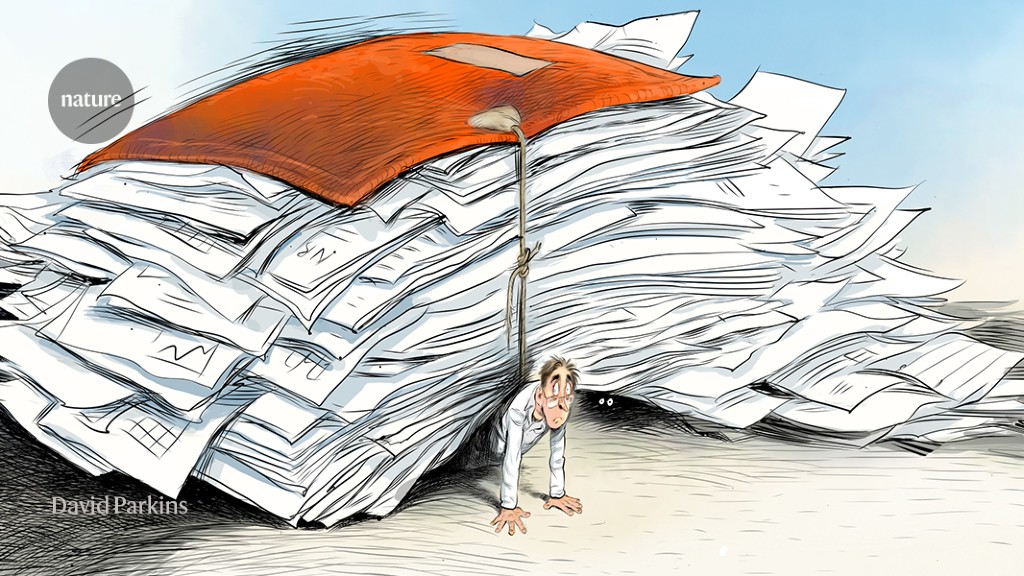
Data should be a means to knowledge, not an end in themselves.
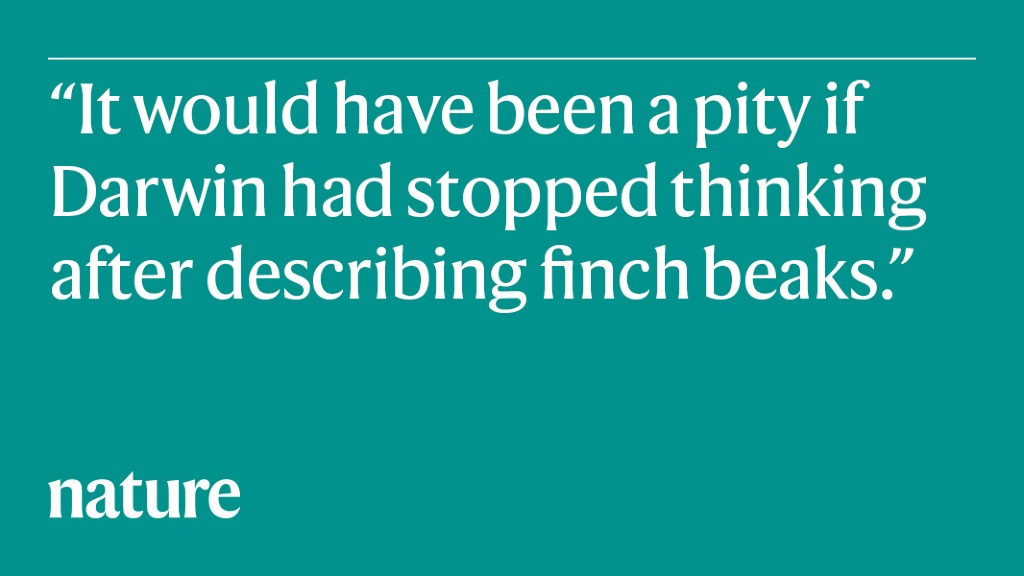
Efforts to share research with the public must include mechanisms to prevent harm resulting from low-quality work.
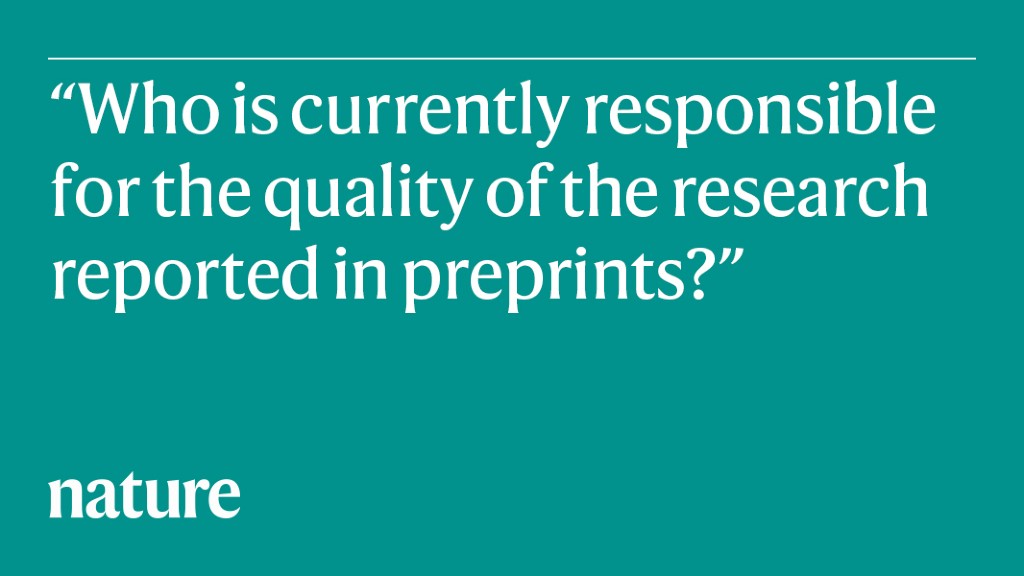
When it comes to science advice infrastructure, Europe is far from a unified whole. That’s why the European Commission’s science service, the Joint Research Centre, set out to map the entire landscape, looking not only at European and national level but also digging into the way science influences policy within regions and even individual cities.
Prof Katalin Karikó of BioNTech says she endured decades of scepticism over her work on mRNA vaccines.

Following the military coup, Burmese faculty and students fear annihilation of a budding modern higher education system, says Kyaw Moe Tun.

Joe Esposito revisits his 2012 post on the unstated theory of the e-book, which assumes that a book consists only of its text and can be manipulated without regard to the nature and circumstances of its creation.

Dispute over Liverpool's use of metrics is best resolved through dialogue, says Stephen Curry.

Academia has a problem with race. It’s a problem that academia — like the rest of American society — doesn’t like to acknowledge.

The activist and author discusses why there is no one-size-fits-all feminism and her aim to create work that comforts women of colour who have been 'gaslit'

The pandemic and global environmental change are intimately intertwined at multiple levels, and this must be more clearly articulated to the public and in policy.

Australia’s ERA and EIA research assessment exercises lack a clearly defined purpose, or return on investment for Australian universities. In a climate of declining trust in the Australian Research Council, together with a confused idea about how research should be funded, the assessment regime itself is at a critical point of juncture.

IPBES, the international panel of leading biodiversity researchers, should be consulted on how best to measure species loss.
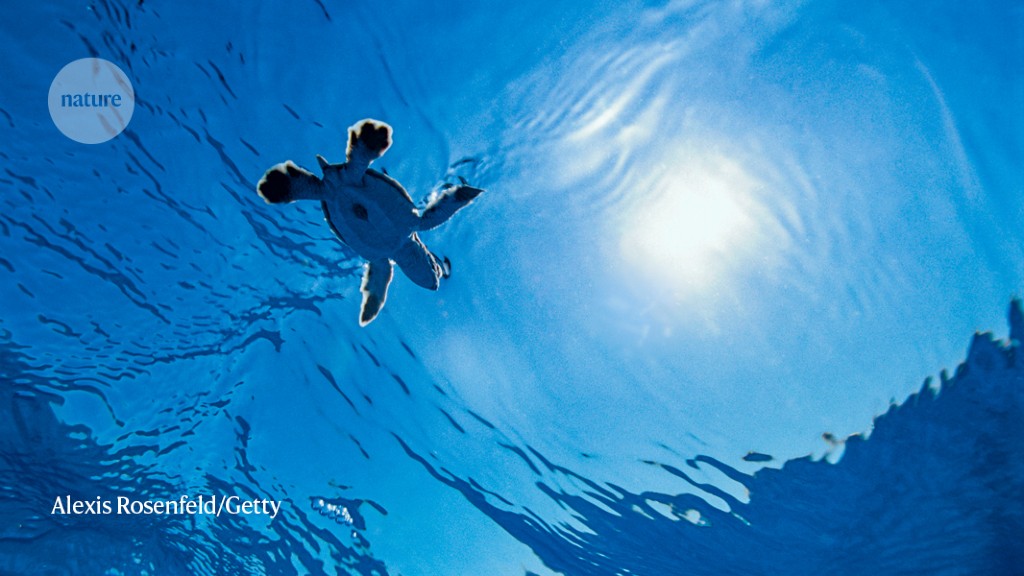
Addressing weaknesses and limitations in your science will reassure potential funders, say grant-writing coaches.
